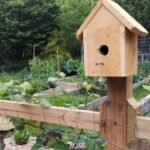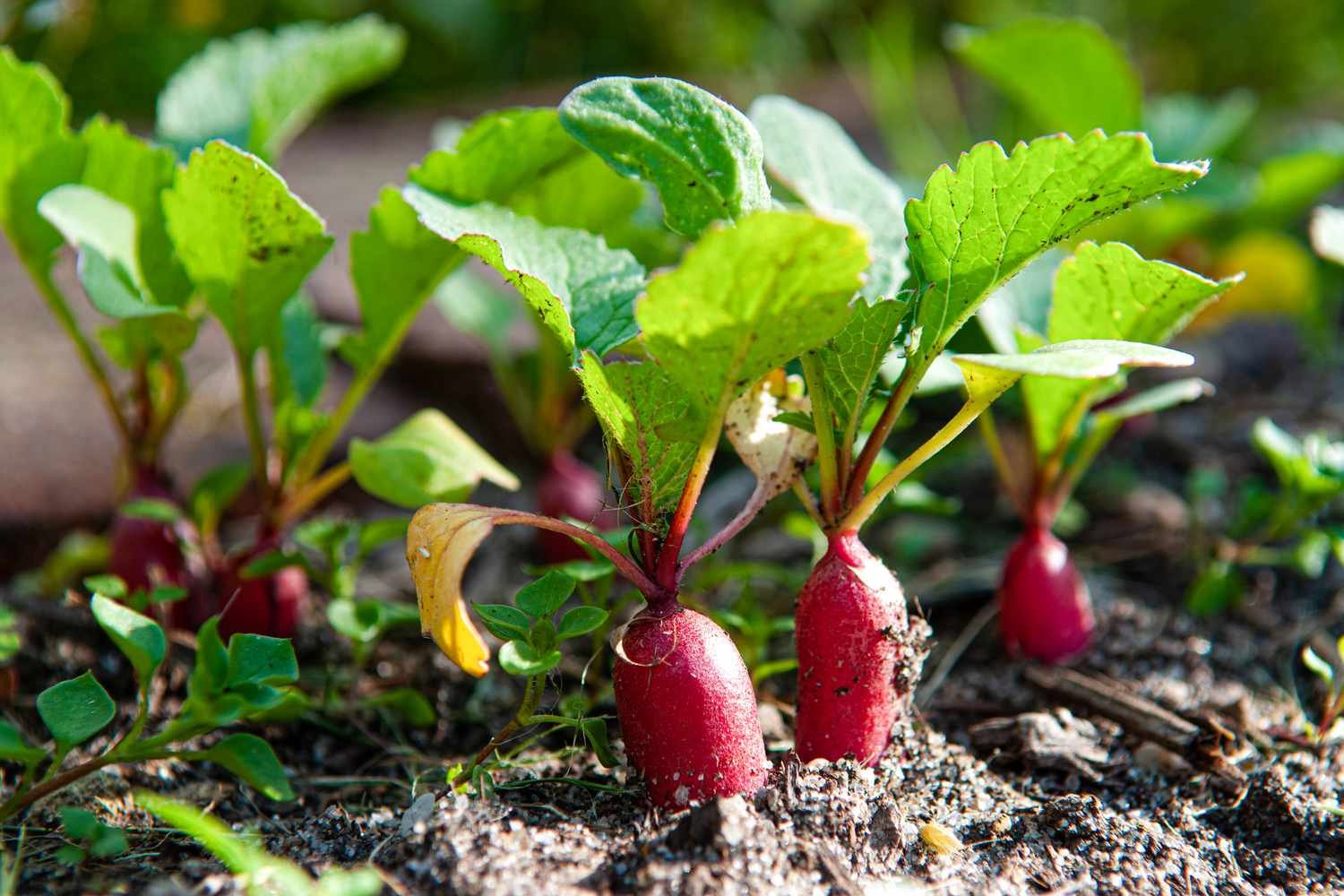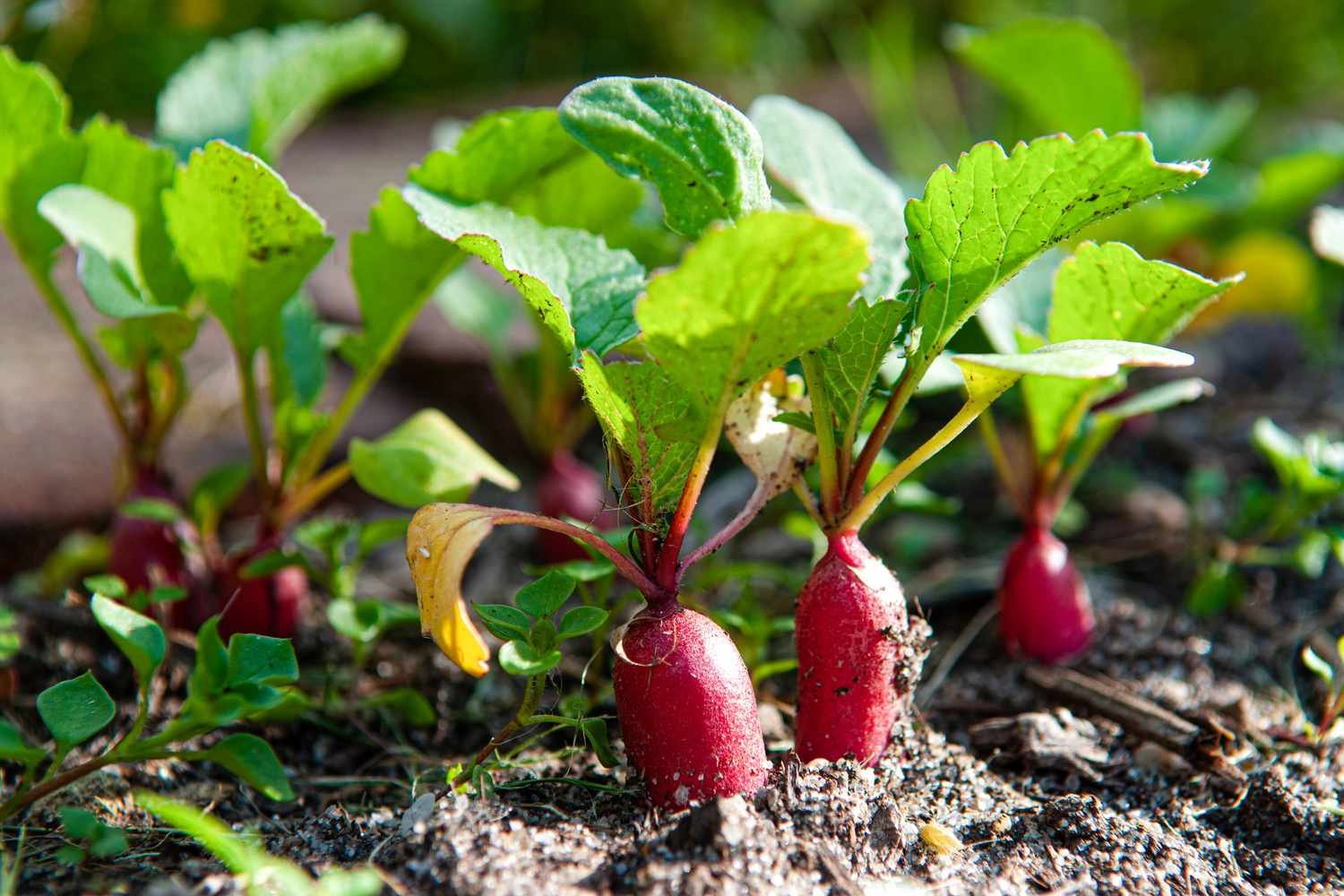Selecting the right seeds for your garden is like choosing the perfect ingredients for a recipe—it sets the stage for a bountiful and beautiful harvest. Whether you’re planning a vegetable patch, a flower bed, or a container garden, picking the best seeds is a crucial step towards gardening success. In this article, we’ll explore some essential tips and considerations for choosing the best seeds for your garden, all while keeping the keyword “seeds for your garden” in mind.
Assess Your Garden Space and Growing Conditions
Before diving into seed selection, take a moment to assess your garden space and growing conditions. Consider factors such as sunlight exposure, soil type, and climate to determine which seeds will thrive in your garden. Take note of areas that receive full sun, partial shade, or deep shade, and consider the moisture levels and drainage characteristics of your soil. Armed with this information, you’ll be better equipped to choose seeds that are well-suited to your garden’s unique environment.

Determine Your Garden Goals and Preferences
Next, think about your garden goals and preferences when selecting seeds. Are you interested in growing a vegetable garden to supplement your meals with fresh produce? Do you want to create a vibrant flower garden to attract pollinators and beautify your outdoor space? Are you looking to grow herbs for culinary or medicinal purposes? Consider your interests, dietary preferences, and gardening experience when determining which seeds to prioritize for your garden.
Choose High-Quality Seeds from Reputable Sources
When it comes to seeds, quality matters. Choose seeds from reputable sources that have a track record of producing high-quality, reliable seeds. Look for seed companies that specialize in organic, non-GMO seeds and prioritize sustainability and environmental stewardship. Avoid seeds that have been treated with synthetic chemicals or genetically modified organisms, as these may not produce the healthiest or most flavorful plants.
Consider Your Climate and Growing Season
Different seeds have different climate and growing season requirements, so be sure to choose seeds that are well-suited to your local climate and growing conditions. Check the seed packet or catalog for information on recommended planting times, temperature ranges, and frost dates to ensure you’re planting seeds at the right time for your area. Consider selecting seeds for varieties that are known to perform well in your region or are adapted to your specific microclimate.
Read Seed Descriptions and Reviews
Before making a final decision, take the time to read seed descriptions and reviews to learn more about the varieties you’re considering. Seed descriptions should provide information on plant size, growth habit, days to maturity, flavor or fragrance, disease resistance, and other important characteristics. Look for seeds that match your garden goals and preferences, and pay attention to any reviews or feedback from other gardeners who have grown the same varieties.
Start with a Mix of Seeds for Variety and Interest
For a diverse and interesting garden, consider starting with a mix of seeds that includes a variety of plants, colors, shapes, and sizes. Mix and match vegetables, flowers, and herbs to create a visually appealing and dynamic garden that provides year-round interest and enjoyment. Experiment with heirloom varieties, unusual cultivars, and lesser-known plants to add excitement and intrigue to your garden.
Consider Seed Starting Methods and Techniques
Depending on your gardening style and preferences, you may choose to start seeds indoors or sow them directly in the garden. Some seeds require special treatment or techniques, such as scarification, stratification, or soaking, to improve germination rates and ensure success. Consider your available time, space, and resources when deciding how to start your seeds, and choose methods that are practical and feasible for your situation.
Conclusion
In conclusion, choosing the best seeds for your garden is an important step towards gardening success. By assessing your garden space and growing conditions, determining your garden goals and preferences, choosing high-quality seeds from reputable sources, considering your climate and growing season, reading seed descriptions and reviews, starting with a mix of seeds for variety and interest, and considering seed starting methods and techniques, you can set yourself up for a bountiful and beautiful garden harvest. So grab your seed catalogs, make a list of your favorite varieties, and get ready to start sowing the seeds of success in your garden!











